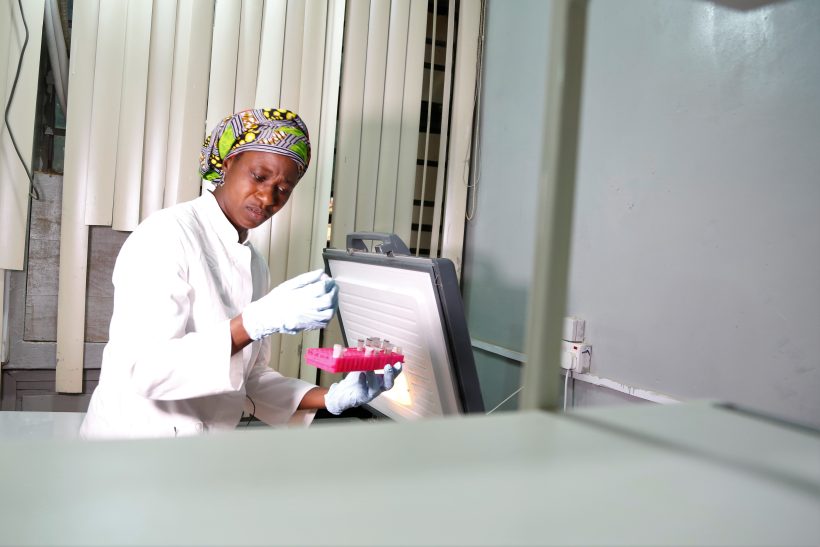
In December 2015, the United Nations established the International Day of Women and Girls in Science (IDWGIS) to recognize and promote gender equality in science and encourage more women and girls to pursue careers in science and technology. Commemorated every year on February 11th, the IDWGIS seeks to celebrate women and girls leading innovative science-driven solutions and to build momentum on paying attention to the gender gap in science.
At African Women in Agricultural Research and Development (AWARD), we have dedicated February to spotlighting initiatives that focus on improving the numbers and experience of women in science.
In our top 10 reads this month, drawing from this year’s IDWGIS theme, “Women and Girls in Science Leadership, a New Era for Sustainability,” we continue discussing IDWGIS initiatives promoting women’s leadership and stewardship in science and lay the foundation in building up to the International Women’s Day to be celebrated on March 8, 2024.
AWARD launched the Leadership Program for Emerging African Women in Science in 2021. The program offered under the Global Forum on Women in Scientific Research (GoFoWiSeR) initiative aims to address the underrepresentation of women in science leadership in Africa. The initiative targets female African scientists under 35 and is designed to equip participants with the skills and confidence to lead and innovate in the scientific world.
In this Nature Journal Article, Oyeronke Oyebanji explores the key determinants of the limited number of African women as leaders in different science fields. She identifies lack of quality education, poverty, and equity in paid work as major inhibiting factors of women’s leadership in STEM fields. The writer proposes interventions such as improving access to education and gendered policy and providing mentorship and peer support.
The talent program annually awards and supports 20 talented women scientists at Ph.D. and post-doctoral levels. The prize recipients receive financial support of 10,000 Euros for doctoral students and 15,000 Euros for post-doctoral students. The recipients are also drafted into a leadership program that promotes career development.
The article spotlights seven female innovators and scientists breaking gender biases and norms and leading change in different science fields across the African continent.
Studies show that women’s participation in STEM can be ignited as early as in secondary school. This is the case for Ruth Mtuwa, an engineer from Malawi. Her passion for technological innovations from an early age led the Biomedical Engineering graduate to co-found DroneX Technologies. The company leverages drone technology for data, agriculture, health and environment/climate change, and waste management in Africa.
Read about the contribution of Rose Alani toward the fight against water and air pollution in Nigeria through leadership skills acquired from Science by Women, a capacity development program targeting leading African female scientists.
The program brings together experienced women scientists working in veterinary vaccinology across Africa with the training to host school outreach workshops in their own countries to inspire the next generation of female scientists. Their approach aims to inspire young schoolgirls to take STEM subjects and courses, addressing women’s underrepresentation in African agricultural research.
In projecting the voices of Arab Women scientists in Africa, Egyptian and Sudanese women scientists partnered to launch a program to empower women in natural and social sciences across generations in the Arab region. It offers online and offline spaces for women scientists to connect, share experiences, and access career-enhancing programs, including mentorship and training.
Read the story of Sally, who, through the ACE program, broke the barriers in a male-dominated profession in STEM. Supported by the World Bank, the ACE program was launched in 2014 to support higher skills development in science, technology, engineering, and mathematics.
The article unpacks the findings of the FAO (2023) report on “The Status of Women in Agrifood Systems,” drawing parallels on how disparities exist in accessing technologies such as internet access for men and women. These disparities can further lead to a lack of access to agricultural technologies for women, directly correlating to reduced agricultural productivity and, consequently, loss of livelihood for smallholders.
